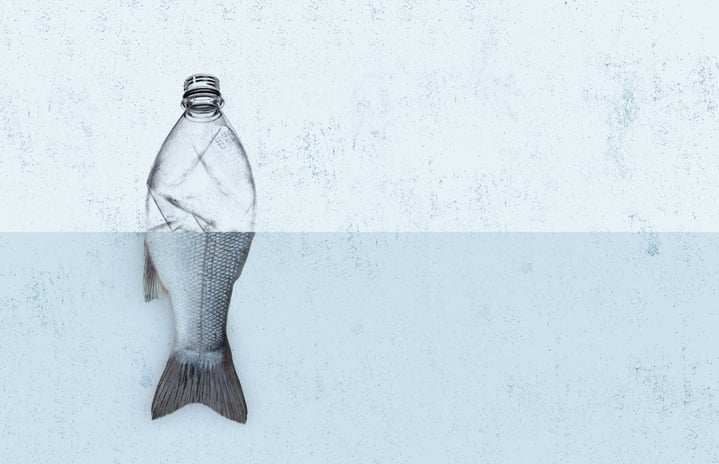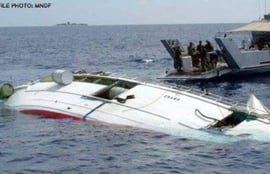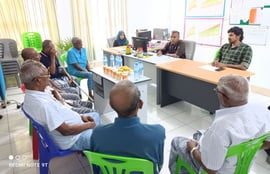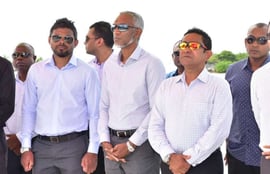The novel coronavirus lives on plastic surfaces for up to 72 hours or more. The virus also has a ‘staying power’ on plastic much longer than on any other material tested – including cardboard and steel, according to new research published in the New England Journal of Medicine.
But in Male’, the drinking water supply system relies on tens of thousands of single-use plastic bottles. In the age of COVID-19, it doesn’t seem very safe for people to buy their water from shops, in plastic bottles. If ever there was a time to switch from bottled water to tap water, surely it is now.
According to the Health Protection Agency, Environment Ministry and MWSC, the tap water in Male’ is safe to drink.
Regardless, many households are reticent to do so. This may be because the MWSC only guarantees water quality until it reaches the meter. After this point, water quality depends on household plumbing.
A home filter system can guarantee the safety of water out the tap, and often improves its taste. Water filter systems are easy to buy from private companies based all over Male’, and work out much cheaper than packaged drinking water.
The typical filter system costs MVR 4,500 to install and needs servicing every six months at a cost of MVR 600.
Compared to that, a typical household of four adults and two children will spend around MVR 800 per month on bottled water – almost MVR 10,000 every year. A filter system should thus, pay for itself in six months, and provide significant financial savings thereafter.
However, many households will not have spare MVR 4,500 – particularly at this time. This is where the private companies and banks should step in to help low-income households buy a filter system on credit, repaying it in small monthly instalments at low-interest rates.
Of course, our reliance on bottled water isn’t just a problem because of the threat of coronavirus contamination.
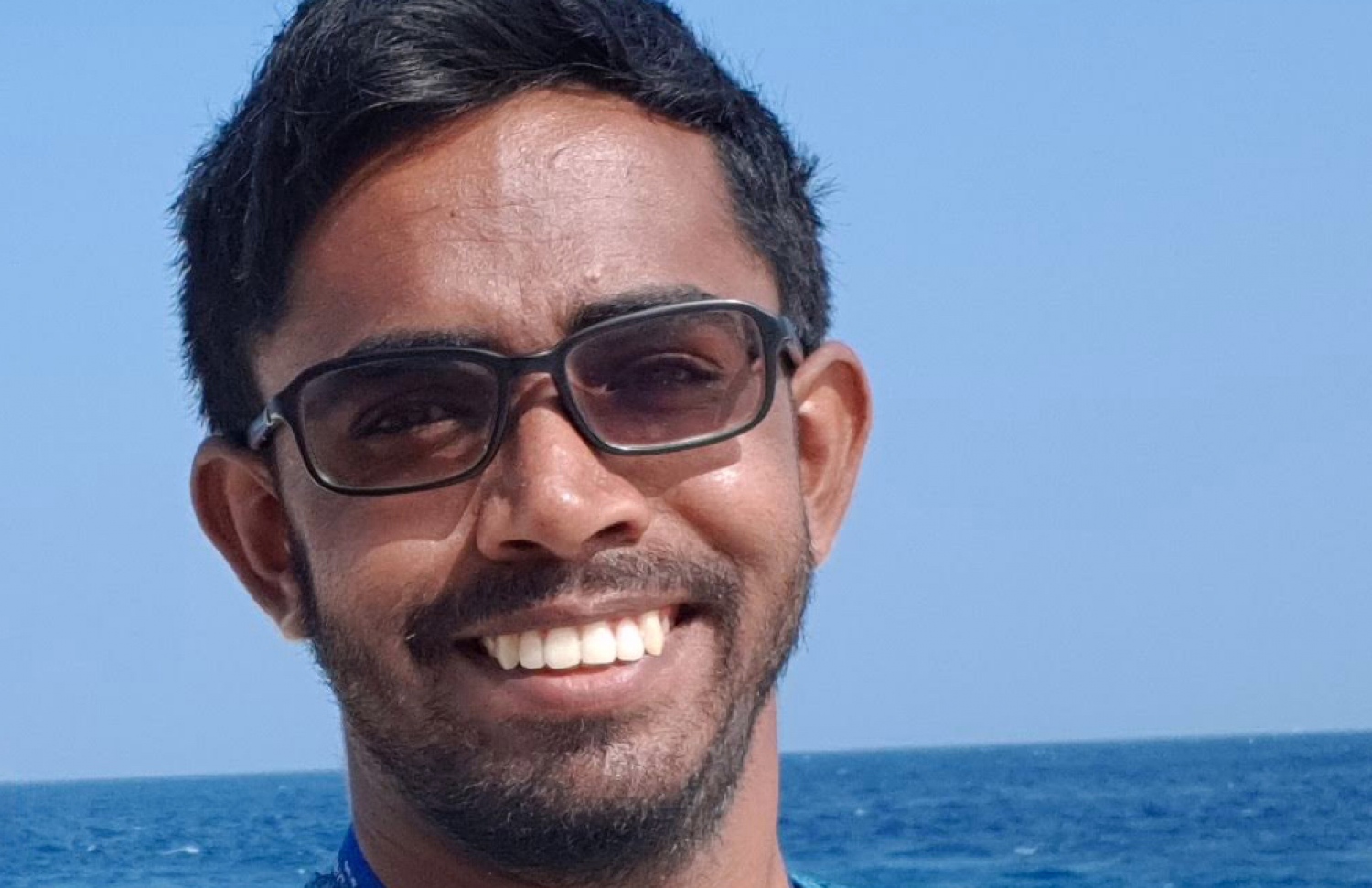
Delivering packaged drinking water to everyone in Male’ is also a major logistical headache, especially in a crisis.
In the first week of the lockdown, the drinking water delivery system was so overwhelmed the army had to be drafted in to help.
Yet, for those lucky families with a filter system - all they had to do was turn on the tap.
Switching to a filter system also massively reduces plastic waste.
The greater Male’ area produces around 50% of our country’s plastic waste, of which plastic water bottles take up a significant portion.
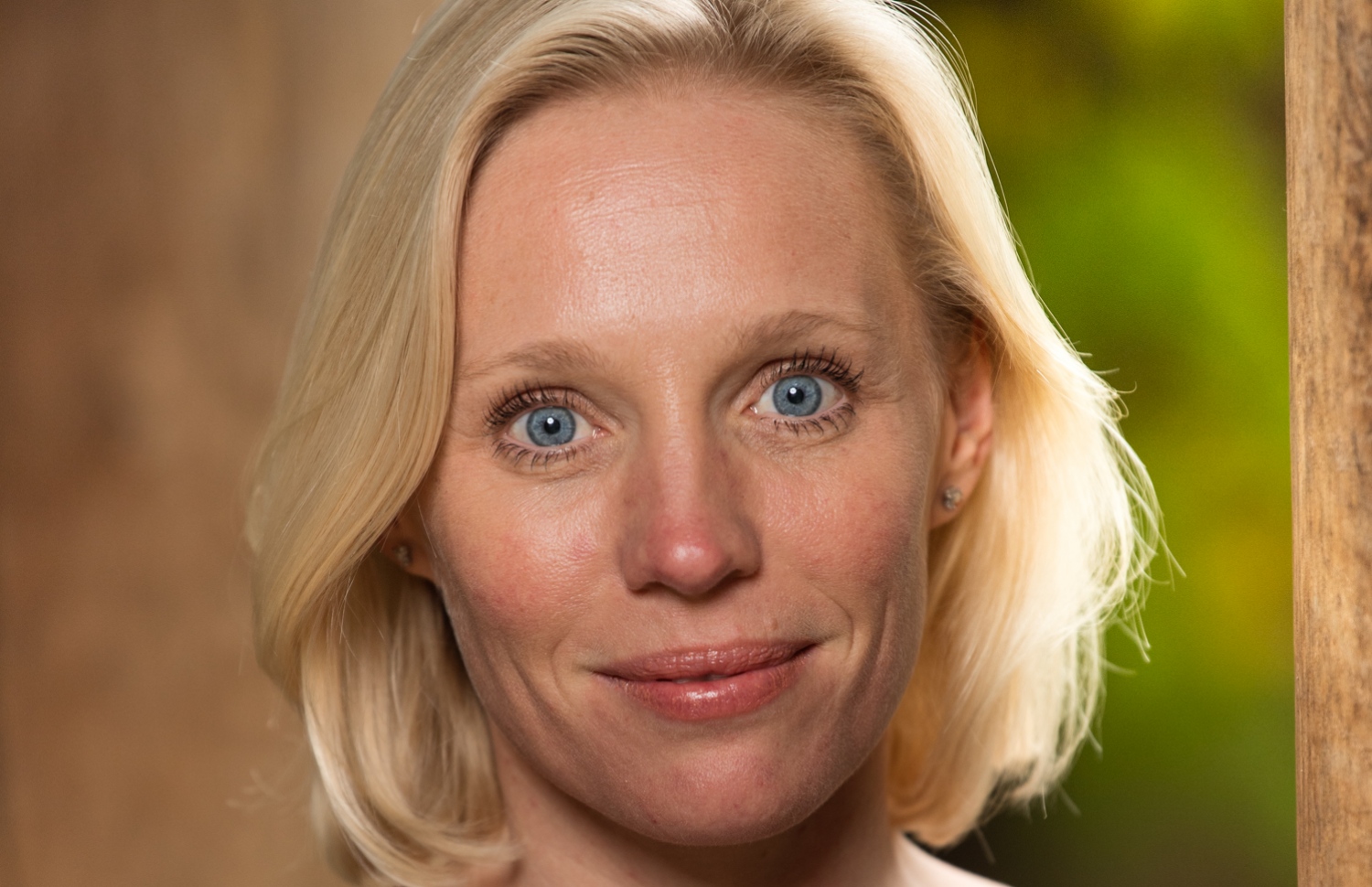
Putting a dent in Male’s packaged water consumption will go a long way to achieving the Maldives’ target to phase out single-use plastics by 2023.
COVID-19 is likely to be with us for many months to come. Encouraging families to switch to a water filter system is a clear win-win at a difficult time, creating economic, environmental and public health benefits.
